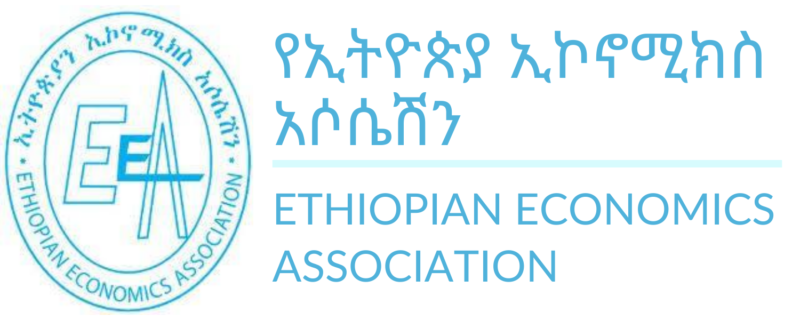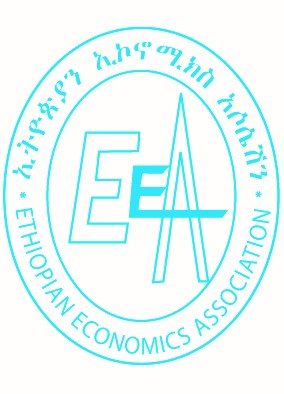EXECUTIVE SUMMARY
Women’s employment in general, and engagement in the formal sector in particular, is among the several key factors that have a bearing on their empowerment. Many people perceive women’s employment as ladder key starting point leading to their economic empowerment due, in part, to factors such as stronger economic rights emanating from protective laws and policies regarding pay, security, and benefits, among others. The Government of Ethiopia (GoE) in alignment with targets set by different multi-lateral organizations, promotes gender equality and women’s empowerment goals, and has adopted a number of institutional and policy measures that support these goals. Resultantly, women’s participation in the labor force of the country has been growing progressively over the years. Despite the availability of policy and legal frameworks, however, gender
disparities persisted in Ethiopia.
In the banking sector, the issue of vertical gender disparity remained an area of concern. Despite that, women’s employment and empowerment in the banking sector in Ethiopia is under-researched. This study was aimed to examine employment and workplace empowerment of professional women in the banking
sector in Ethiopia. Focusing on the cases of seven banks (one public and six private banks) selected from three cohorts, the study specifically aimed to: (a) inspect the gender dimensions of employment and upward progression in the banks; (b) examine the state of women’s participation in management positions and identify the main factors (individual, household, organizational) associated with professional women’s participation in management positions; and (c) examine whether professional women working in the banks are safe from workplace harassment, and, if not, to find out how professional women respond to workplace harassment.
The study was conducted in four cities in different parts of the country: Addis Ababa (central part), Hawassa (southern part), Bahir Dar (north-western part), and Adama (Central Eastern part). The study employed a QUANT-dominant concurrent mixed research design, which was informed by feminist research paradigms which allowed the researchers to place women’s voices at the center of the analysis. More specifically, 124 employees sampled using multi-stage sampling strategy participated by responding to the Bank Survey Questionnaires; 544 women responded to the Bank Employee Women Survey Questionnaire and 30 purposively sampled professional women participated in in-depth interviews and key informant interviews. The survey data on key variables were analyzed by employing vi univariate, bivariate and multi-variate analytical strategies and the qualitative narratives were analyzed using thematic analysis techniques. The results from both the quantitative and the qualitative data were cross-validated through key informant interviews that were held with five Directors of Human Resources/People and Organizational Development directorates of the banks. The result of the study revealed that women employees in the banking sector constitute a little more than a quarter (28%) of the bank workers. Results from both data sets revealed that women’s representation in low level positions is high compared to their representation at mid- and senior-level management positions. At the time of the study, the Chief Executive Officers (CEOs)/Presidents of all the banks studied are male. Only 16% of members of the Board of Directors (BoDs) are women. The proportion of women who hold the position of top management was 7.8% and that of women who occupied mid-level management positions was 13%.
Results of the study revealed that three individual characteristics played an important role in women’s career advancement, these are: (a) women’s education and husband’s education, (b) work experience, and (c) household division of labor (work/life balance). The proportion of women that participate in management positions at least doubles with increase of a woman’s and spouse’s educational status from bachelor’s degree to master’s degree. Among organizational factors, lack of adequate institutional support such as child care centers and mentorship programs, presence of gender stereotypes and prejudices against women, women’s lack of sufficient personal network, and their inadequate access to further trainings were found to hamper women’s career progression. Furthermore, higher gender asymmetric practices in banks negatively affected women’s aspiration to hold management positions in the banks. Household and personal characteristics that leave many working women with unproportioned domestic responsibilities suffocated women’s time to engage in upgrading their educational status, getting exposures to managerial works, and forging professional social networks, all of which were important variables for promotion to senior-level management positions.
The binary logistic modelling showed that 43 percent of the women had ever experienced general workplace harassment (of different forms) during their service in the banks. Of the women employees that indicated their having ever-experienced workplace harassment, 87.7 percent said that the harassment occurred during the past year, mostly more than once (70.7%). The qualitative data also confirmed the presence of workplace harassment against women employees in the sector.
vii Women’s experience of workplace harassment depends on individual level characteristics and a range of organization level characteristics. Among the range of individual level factors, women’s marital status was found to be significantly related to their experience of workplace harassment (never married women experienced harassment (49.7%) more than the ever-married women (40.8%). Larger proportion of the harassment was perpetrated by the banks’ customers though the harassment from within the banks was also high. Moreover, women employees who are serving in the top or middle management positions were more likely to experience harassment at their workplace than other women. That is probably because of two reasons: one could be that those women, based on their status, have better understanding of what constitutes workplace harassment and what does not; second, those women spend much of their time in the maledominated professional and social space. The study also indicated the significance of the nature of organizational practices and corporate culture of the banks from a gender perspective in determining the incidence of workplace harassment among the women employees. About 41% of the women that faced workplace harassment took confrontational responses, while the larger proportion (59%) chose nonconfrontational coping mechanisms. Contrary to data from employees, the management bodies of the banks said they didn’t receive reportable incidences of workplace harassment; and that is likely because of the absence of secure and safe reporting mechanisms.
There is need to devise appropriate mechanisms of narrowing the gender gap at all levels of the banks, more so at senior management positions; institutionalizing women empowerment elements, including options to release them time to invest in their career development; creating child care centers, breast feeding time, etc.; tackling women workplace harassment (“absence of war doesn’t necessarily mean there is peace”); encouraging individual and organizational responses to workplace harassment; institutionalizing gender mainstreaming policies, codes of ethics and whistleblowers policies focusing on preventing and managing women’s workplace harassment. The impacts of work-life balance on women’s academic and career progression, increased vulnerability to workplace harassment, and the right to unleash their potential deserve to be studied further.


